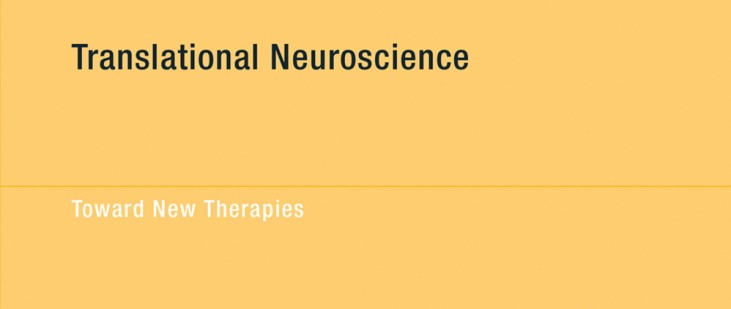 Steven Hyman is a co-editor of the new book, Translational Neuroscience: Toward New Therapies, published by the MIT Press. This volume, composed of insights from expert contributors, takes a look at the current state of translational neuroscience, challenges it faces, and effective ways forward. In overview:
Steven Hyman is a co-editor of the new book, Translational Neuroscience: Toward New Therapies, published by the MIT Press. This volume, composed of insights from expert contributors, takes a look at the current state of translational neuroscience, challenges it faces, and effective ways forward. In overview:
Today, translational neuroscience faces significant challenges. Available therapies to treat brain and nervous system disorders are extremely limited and dated, and further development has effectively ceased. Disinvestment by the private sector occurred just as promising new technologies in genomics, stem cell biology, and neuroscience emerged to offer new possibilities. In this volume, experts from both academia and industry discuss how novel technologies and reworked translation concepts can create a more effective translational neuroscience.
The contributors consider such topics as using genomics and neuroscience for better diagnostics and biomarker identification; new approaches to disease based on stem cell technology and more careful use of animal models; and greater attention to human biology and what it will take to make new therapies available for clinical use. They conclude with a conceptual roadmap for an effective and credible translational neuroscience—one informed by a disease-focused knowledge base and clinical experience.
Dr. Hyman is also a featured contributor to the new book, Free Will and the Brain: Neuroscientific, Philosophical, and Legal Perspectives, edited by Walter Glannon and published by Cambridge University Press. His chapter, “Neurobiology Collides with Moral and Criminal Responsibility: The Result is Double Vision”, falls under Part V of the book, dealing with the legal implications of neuroscience, and including a chapter from Dr. Stephen Morse.
Order Translational Neuroscience: Toward New Therapies and Free Will and the Brain today!



